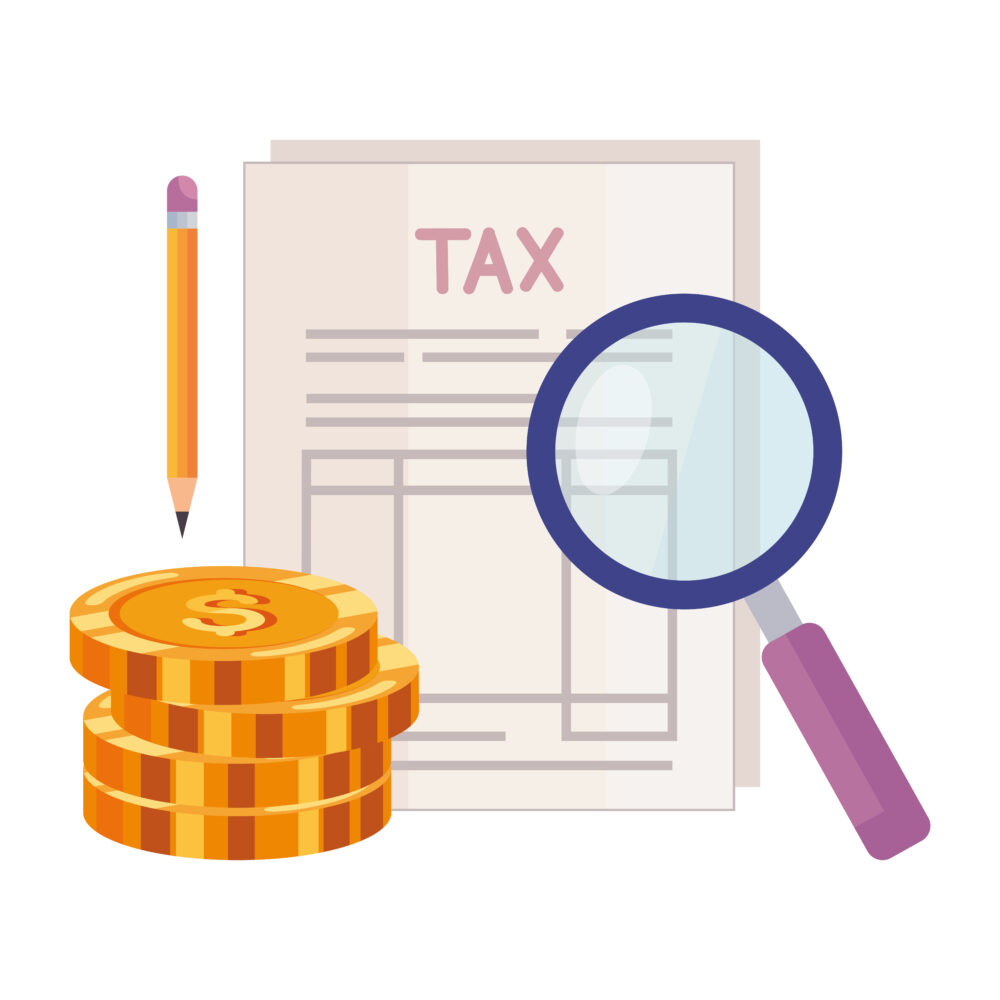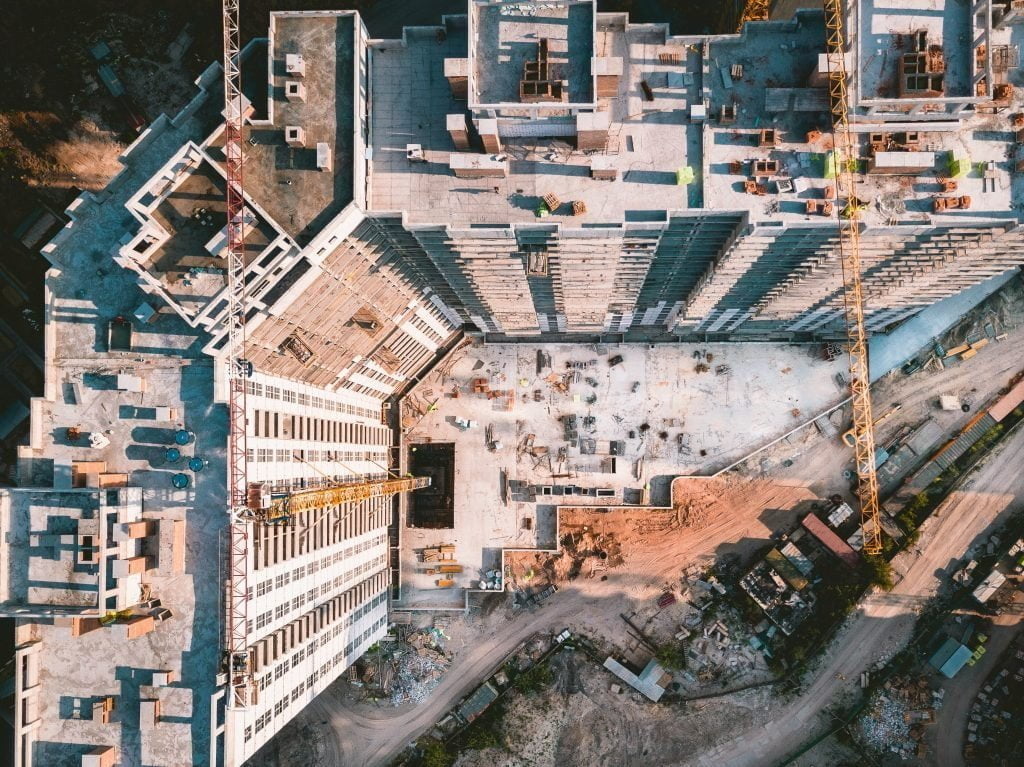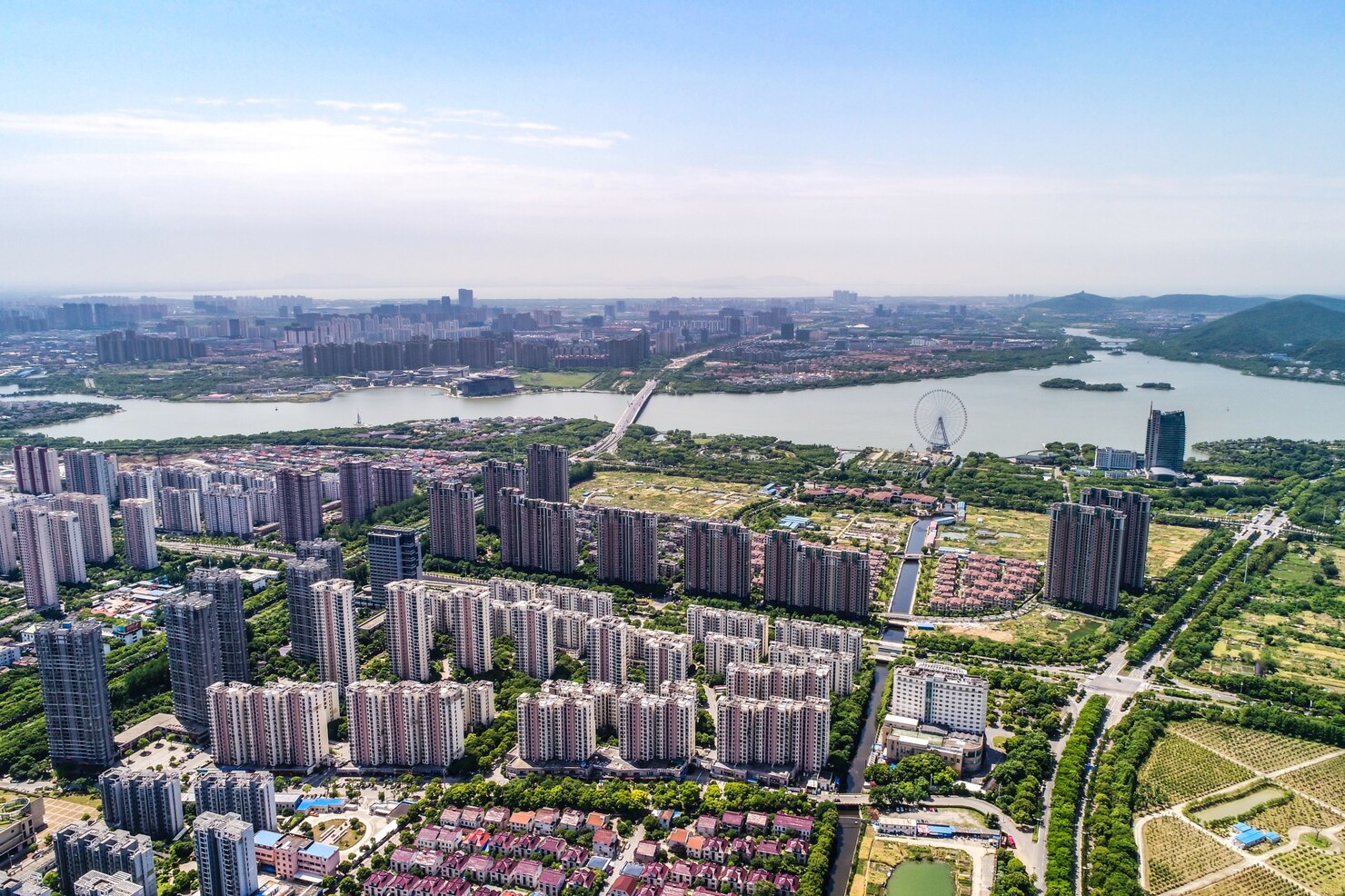In recent years, the demand for agricultural land use by economic organizations has significantly increased. Investments in clean, high-tech, and large-scale agriculture are among the activities supported and promoted by the government.
However, transactions related to agricultural land have faced numerous difficulties due to restrictive legal regulations. With the introduction of the 2024 Land Law, many regulations have been amended and supplemented to facilitate the participation of economic organizations in the agricultural land market. In particular, the new law has opened up opportunities for businesses to receive transfers of agricultural land use rights from households and individuals, which not only promotes economic development but also optimizes the use of agricultural land.
Agricultural land includes the following land types:
a) Land for annual crops, including land for rice cultivation and land for other annual crops;
b) Land for perennial crops;
c) Forestry land, including special-use forests, protection forests, and production forests;
d) Land for aquaculture;
dd) Land for concentrated livestock production;
e) Land for salt production;
g) Other agricultural land(1).
Updates in the 2024 Land Law
The 2024 Land Law marks a significant turning point by allowing economic organizations to receive transfers of agricultural land use rights(2). This is completely different from the 2013 Land Law, where economic organizations were restricted from receiving transfers of land use rights for rice cultivation, protection forests, and special-use forests from households and individuals(3).
In addition to receiving transfers of agricultural land use rights, economic organizations can also accumulate land through receiving capital contributions in the form of agricultural land use rights or through a combination of receiving transfers of agricultural land use rights and receiving capital contributions in the form of agricultural land use rights(4).
However, if accumulating agricultural land through receiving transfers of agricultural land use rights, economic organizations must have an agricultural land use plan approved by the district-level People’s Committee. If accumulating agricultural land through receiving capital contributions in the form of agricultural land use rights, an agricultural land use plan is not required(5).
This plan must include key contents such as location, area, land use purpose, agricultural production and business plan, investment capital, land use term, and land use schedule(6). Within 25 days of receiving the agricultural land use plan from the economic organization, the district-level People’s Committee must issue a written approval. In case of disapproval, the district-level People’s Committee must respond in writing, clearly stating the reasons(7).
After the agricultural land use plan is approved, the economic organization shall negotiate with the land user to receive the transfer of agricultural land use rights or receive capital contributions in the form of agricultural land use rights; register and be granted a certificate of land use rights, ownership of assets attached to the land, and register in the land information system(8).
In the case of transferring agricultural land use rights not in accordance with a land consolidation plan or in the case of contributing capital in the form of land use rights and ownership of assets attached to the land, the time limit for registering land and asset changes and issuing the Certificate of land use rights and ownership of assets attached to the land shall not exceed 10 working days(9).
Rights and Obligations of Economic Organizations
Firstly, rights and obligations under Article 33 of the 2024 Land Law:
Economic organizations receiving transfers of agricultural land use rights in the following cases:
- Receiving transfers and not changing the land use purpose(10);
- Receiving the transfer of land use rights and changing the land use purpose in case where the land is subject to land allocation by the State with the collection of land use levy or land lease with a one-off rental payment for the entire lease term(11).
And
Economic organizations receiving capital contributions in the form of land use rights from individuals and other economic organizations in the following cases:
- Land of the economic organization contributing capital originates from land allocated by the State with the collection of land use levy or land leased by the State with one-off rental payment for the entire lease term, or from the receipt of the transfer of land use rights(12);
- Land of individuals contributing capital is not land leased by the State with annual rental payment(13).
then have the following rights and obligations:
- General rights and obligations prescribed in Articles 26 and 31 of the 2024 Land Law;
- Transferring land use rights and assets under their ownership attached to the land;
- Leasing land use rights and assets under their ownership attached to the land; subleasing land use rights and assets under their ownership attached to the land;
- Donating land use rights;
- Mortgaging land use rights and assets under their ownership attached to the land at credit institutions authorized to operate in Vietnam, at other economic organizations, or individuals as prescribed by law;
- Contributing capital in the form of land use rights and assets under their ownership attached to the land to domestic organizations, individuals, overseas Vietnamese, and foreign-invested economic organizations as prescribed by law(14).
Firstly, rights and obligations under Article 34 of the 2024 Land Law:
Economic organizations receiving transfers of agricultural land use rights in the “case of receiving transfers and changing the land use purpose which is subject to land lease with annual rental payment by the State” have the following rights and obligations:
- General rights and obligations prescribed in Articles 26 and 31 of the 2024 Land Law;
- Mortgaging assets under their ownership attached to the land at credit institutions authorized to operate in Vietnam, at other economic organizations, or individuals as prescribed by law;
- Selling assets under their ownership attached to the land, selling assets under their ownership attached to the land and the lease rights in the land lease contract when meeting the conditions prescribed in Article 46 of the 2024 Land Law. The purchaser of assets attached to the land and the lease rights in the land lease contract is entitled to continue leasing the land for the determined purpose and the remaining land use term, and inherits the rights and obligations of the land user as prescribed by the 2024 Land Law and other relevant laws;
- Contributing capital with assets under their ownership attached to the land during the lease term; the recipient of the capital contribution in the form of assets is entitled to continue leasing the land from the State for the determined purpose during the remaining term;
- Leasing assets under their ownership attached to the land and the lease rights in the land lease contract(15).
Conclusion
The 2024 Land Law has created an important step forward in opening up the agricultural land market to economic organizations. These new regulations not only help optimize land use but also promote agricultural economic development, creating conditions for businesses to develop sustainably. However, obtaining an approved agricultural land use plan from the district-level People’s Committee is also a significant hurdle that businesses must overcome and comply with. As the Land Law has just come into effect, both businesses and state land management agencies are still facing difficulties in applying and implementing these regulations in practice.
(1) 2024 Land Law, Article 9, Clause 2
(2) 2024 Land Law, Article 45, Clause 6
(3) 2024 Land Law, Article 191
4 Decree 102/2024/ND-CP, Article 78, Clause 1
5 Decree 102/2024/ND-CP, Article 78, Clause 2
6 2024 Land Law, Article 45, Clause 6
7 Decree 102/2024/ND-CP, Article 78, Clause 2
8 Decree 102/2024/ND-CP, Article 78, Clause 3
9 Decree 101/2024/ND-CP, Article 22, Clause 2, Point a
10 2024 Land Law, Article 35, Clause 3, Point a
11 2024 Land Law, Article 35, Clause 3, Point b
12 2024 Land Law, Article 36, Clause 1, Point a
13 2024 Land Law, Article 36, Clause 1, Point b
14 2024 Land Law, Article 33, Clause 1
15 2024 Land Law, Article 34, Clause 1
Disclaimers:
This article is for general information purposes only and is not intended to provide any legal advice for any particular case. The legal provisions referenced in the content are in effect at the time of publication but may have expired at the time you read the content. We therefore advise that you always consult a professional consultant before applying any content.
For issues related to the content or intellectual property rights of the article, please email cs@apolatlegal.vn.
Apolat Legal is a law firm in Vietnam with experience and capacity to provide consulting services related to Real Estate and contact our team of lawyers in Vietnam via email info@apolatlegal.com.





































